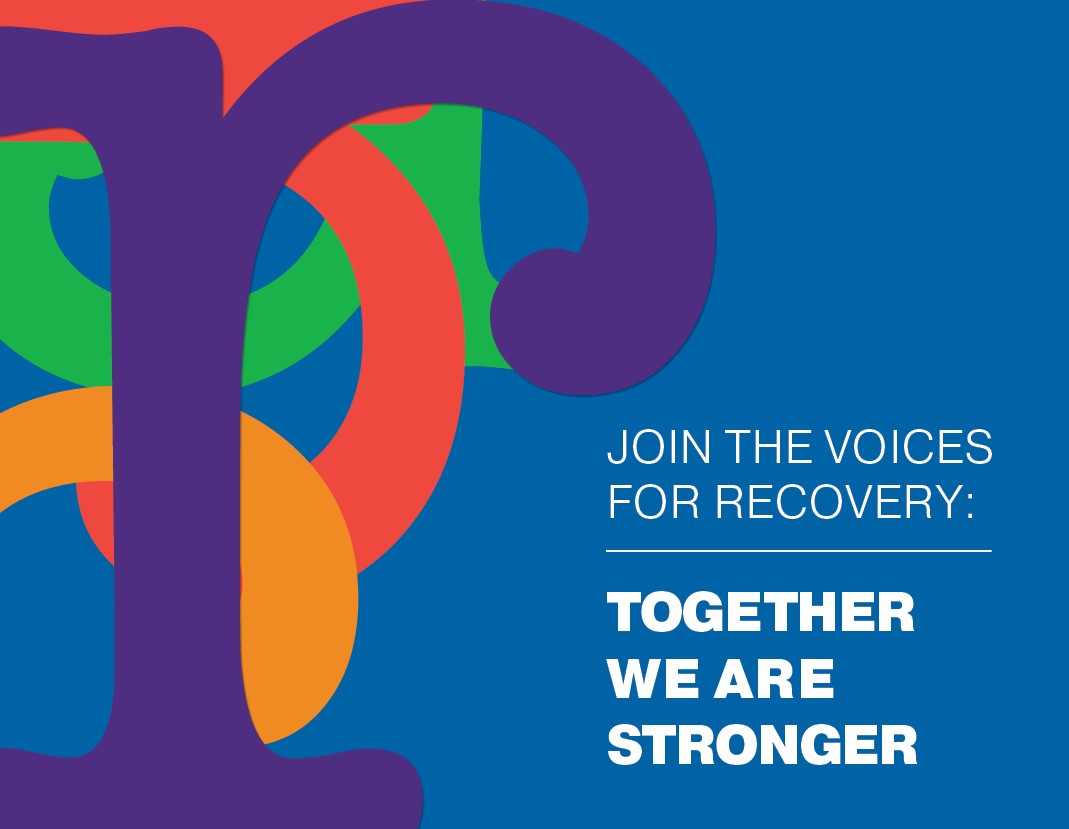Recovering from a Mental Health Disorder

This month is the 20th anniversary of National Recovery Month, which is sponsored by the Substance Abuse and Mental Health Services Administration every September to raise awareness and understanding of mental health and substance use disorders and to celebrate the individuals who recover from them. Recovery is possible and happens daily as people modify their behaviors and attitudes, increase healthy life skills, and pursue treatments, such as therapy and medication.
If you are facing a mental health challenge, the first step is to seek help. Talk to a trusted adult or, if you are a college student, call the student health center and make an appointment with a counselor. He or she will listen to your concerns and help you to make choices about what to do next.
It is critical to keep your therapy and other medical appointments. Professionals are vitally important in treating mental health conditions.
Take prescribed medications every day. Do not stop if you begin to feel better.
Talk to a friend. Telling someone you are anxious or depressed can provide relief from negative thoughts.
Make yourself move. Rather than staying indoors, go outside and take a walk or engage in another form of physical activity.
Keep a journal. Recording your thoughts will allow you to look for patterns. Try writing down three things about your day, one that is good, another that is bad, and something that is completely random. Doing so will provide a more positive perspective on your life.
Get no more and no less than eight hours of sleep. A good sleep schedule will allow you to feel more rested, healthy and centered.
Continue doing things you once liked, even if you do not get as much enjoyment from them now. Spend time with family and friends and try activities that help you to express yourself. While you may not feel like going to events, you could have more fun than you expect.
Eat a well-balanced diet, including fish, fruits, grains, lean meats and vegetables, and avoid sugar and processed foods.
Think small, write things down and take breaks. Divide large tasks into little ones, finish what you can, and do not attempt to accomplish too many things at once.
Recovering from a mental health condition is often long and difficult. However, illnesses like depression and substance use disorders can be managed. Early intervention allows the best outcomes and many people do get and stay better. #RecoveryMonth #RisforRecovery